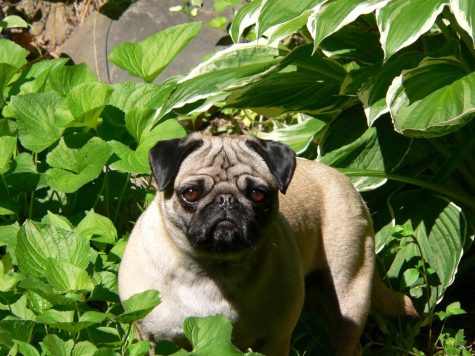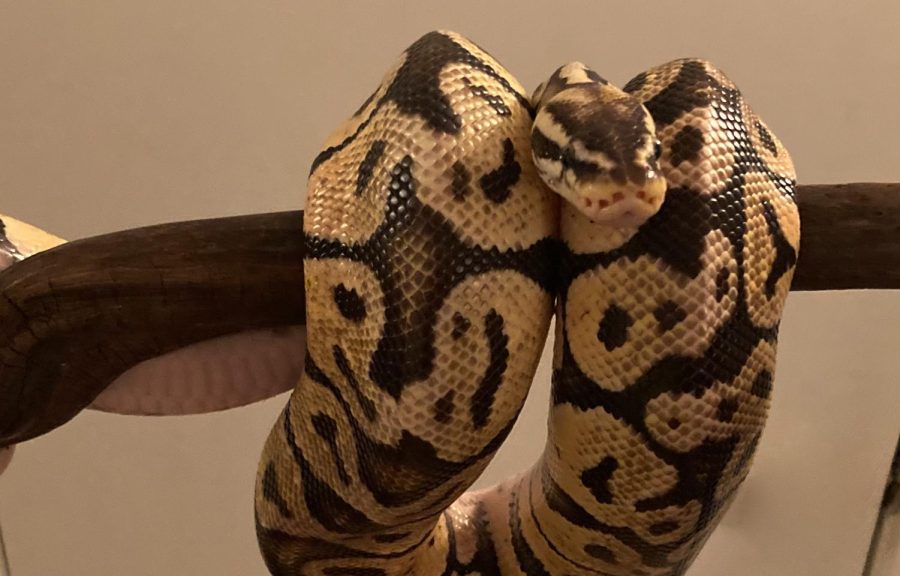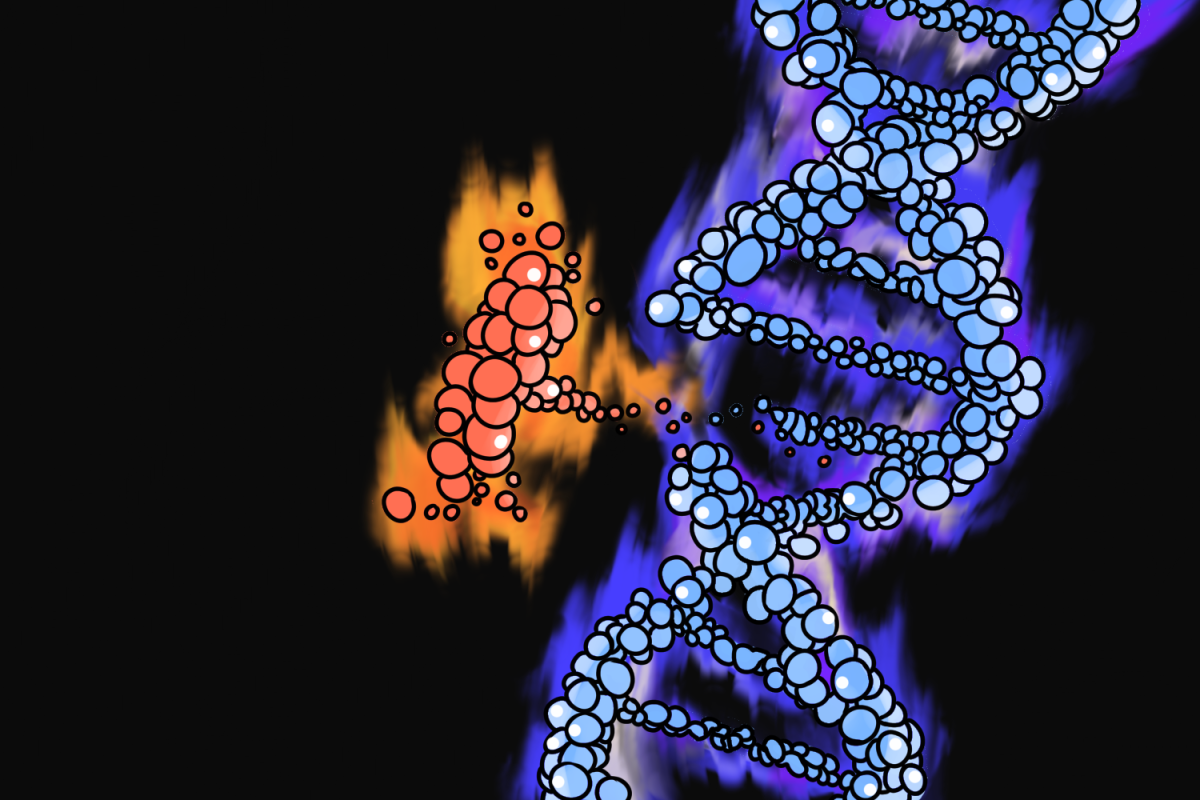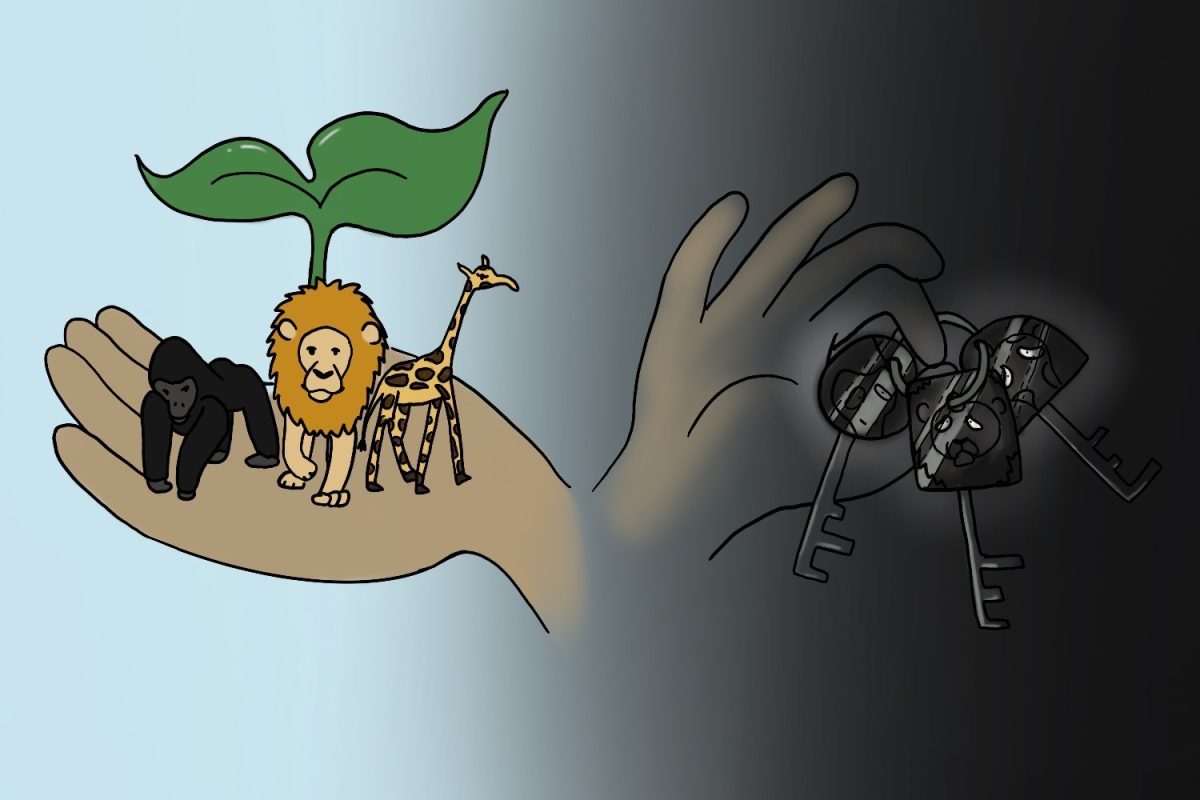Pets and their owners have an extraordinary bond. Man’s best friend has been a dog for centuries for a reason; pets are trustworthy and lovable friends.
Yet a controversial new focus to create the perfect pet to satisfy human lifestyles is under fire for undermining the health of these animals. People want cute pets to whom they can pour their adoration. Breeders understand these wants and try to breed pets with specialized features to appeal to their human companions.
Animals have been bred for millennia, from the German Shepherd, a popular dog bred initially for herding, to the Thoroughbred, a faster and more agile horse breed, to the Angus Cattle, bred to produce more meat. Breeding isn’t inherently wrong; it finds favorable mutations through cross-breeding, breeding across species. After finding desirable traits, breeders amplify these traits in selective breeding practices to carry on this phenotype.
Artificial selection mimics this concept of natural selection, a natural evolutionary process. Species would die at much higher rates due to the inability to overcome obstacles arising in their environments without their ability to mutate.

But people no longer require herding dogs to shepherd their sheep or fast horses for war efforts. Now people want pets that fit best with their lifestyles and look the cutest. This new system of breeding sparks controversy because humans are altering the gene pool for more favorable codependency, not a natural process.
It is immoral to breed animals for increased marketability and appearance regarding the cost of these animals’ health. Increased inbreeding between species to maintain a specific trait creates a lack of genetic diversity from not integrating new animals into a gene pool can have disastrous effects on inbred offspring’s health. There need to be more regulations about what animals can be allowed to breed to ensure their safety.
Many purebred dogs suffer more from infectious diseases and health conditions such as spinal, hip, and knee problems and certain cancers and heart diseases. One breed with a commonly known issue is the pug and other brachycephalic animals, who have difficulty breathing and can faint or vomit after exercise in extreme cases. However, owning a dog with a specific trait is usually safer than other breeding practices because some breeds contain enough genetic diversity to prevent further afflictions caused by inbreeding.
But this isn’t the case for all breeding systems. Animal breeding markets are criticized for breeding animals with controversial neurological and genetic impurities. The spider ball python suffers from these impurities and has lost its ability to navigate its surroundings. They can have wobbles that cause their head to jerk around uncontrollably. An intense representation of a spider ball python is represented above. Breeders still market spider pythons at high rates because of their beautiful colors and patterns. However, their neurological inability comes along with these patterns.
Breeding for monetary gain extends further than the sale of animals as pets. White tigers, or tigers with a rare leucism mutation, generate a lot of revenue for breeders due to their distinctive white coats. White tigers are extremely rare in nature, and although there are legitimate breeding centers for tigers, the specialization of white tigers is usually done through inbreeding malpractice. All white tigers in the US are related, and further breeding of this species is causing adverse health effects for tiger infants. According to the World Wildlife Fund, white tigers are more likely to have spinal deformities, defective organs, and immune deficiencies. One study shows that white tigers have an 80% neonatal mortality rate after generations of excessive inbreeding.
The actual harm comes in the perception that an animal’s looks are worth more than its lifestyle. Rather than owners trying to find a pet to fit their image, they should strive to eliminate conditions in their unconditional love for their animal companions.
Combatants to stricter breeding laws sometimes make the case that animals have a right to live regardless of their genetic impurities. It is undeniable that all animals should be protected and cared for. Therefore, it is not innately inhumane to own an animal resulting from breeding malpractice or a purebred pet. Regardless, we should push breeders to care more about an animal’s well-being than its marketability.












